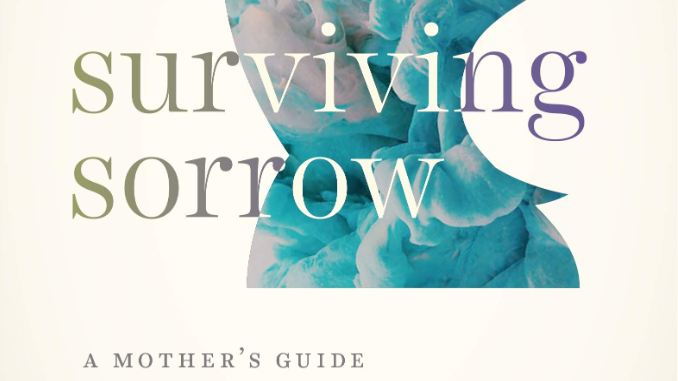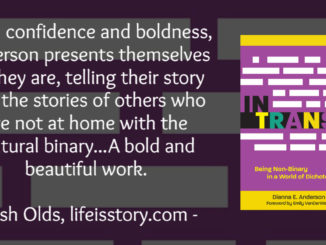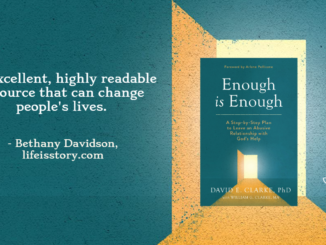
Published by Moody Publishers on March 3, 2020
Genres: Non-Fiction, Christian Life, Memoir, Parenting
Buy on Amazon
Goodreads

Advice from One Grieving Mom to Others
When Kim’s three-year-old son tragically passed away, she found plenty of resources on grieving. She says what she really needed, though, "was someone who would give me advice for living, not just grieving . . . How do I get through the grocery store without crying? What do I do with my son’s things? When will my mind stop replaying the emergency room scene?"
Now, ten years later, she’s written that book. With raw vulnerability, a deep well of wisdom, and the practical knowledge of someone who’s been there, she walks grieving moms through the life-after-death process from how to plan the funeral to how to deal with friends, family, holidays, and birthdays.
This is a profound and powerful resource that’s invaluable for the mom who has lost a child—and for her friends and family who want to love her well.
Kim Erickson’s oldest son died when he was three years old, and in the wake of that loss, she came to know God for the first time. In this book, she shares her personal testimony, writes about her experiences with loss, and shares practical advice for how bereaved mothers can push forward with life despite the permanence of their pain. She is honest with other mothers about how difficult child loss is, and never offers platitudes or false promises to distract from the pain. Instead, she shares practical guidance and spiritual wisdom for enduring life without your child.
Surviving Sorrow: A Mother’s Guide to Living with Loss provides a Christian perceptive on grief. Women who do not have a church background or a relationship with God may not connect with some aspects of this book, but Erickson makes an effort to reach out to women who are skeptical or uncertain about God, since she remembers what it was like to be in their place. Erickson welcomes women regardless what their level of interest in the Christian faith may be, and of course hopes that they will find the same peace that she found.
The one limitation on her audience is that because she lost her son when he was three, many of her experiences do not apply to women who have lost children through miscarriage or early infant death. Erickson mentions her own experience with miscarriage, but this is just a side-note to her story, and women who never had the opportunity to make memories and experience daily life with their children will not relate to many of this book’s practical concerns. However, even though some of Erickson’s situational advice may not apply to other losses, her emotional advice is deeply practical, relevant, and wise for anyone navigating child loss.



